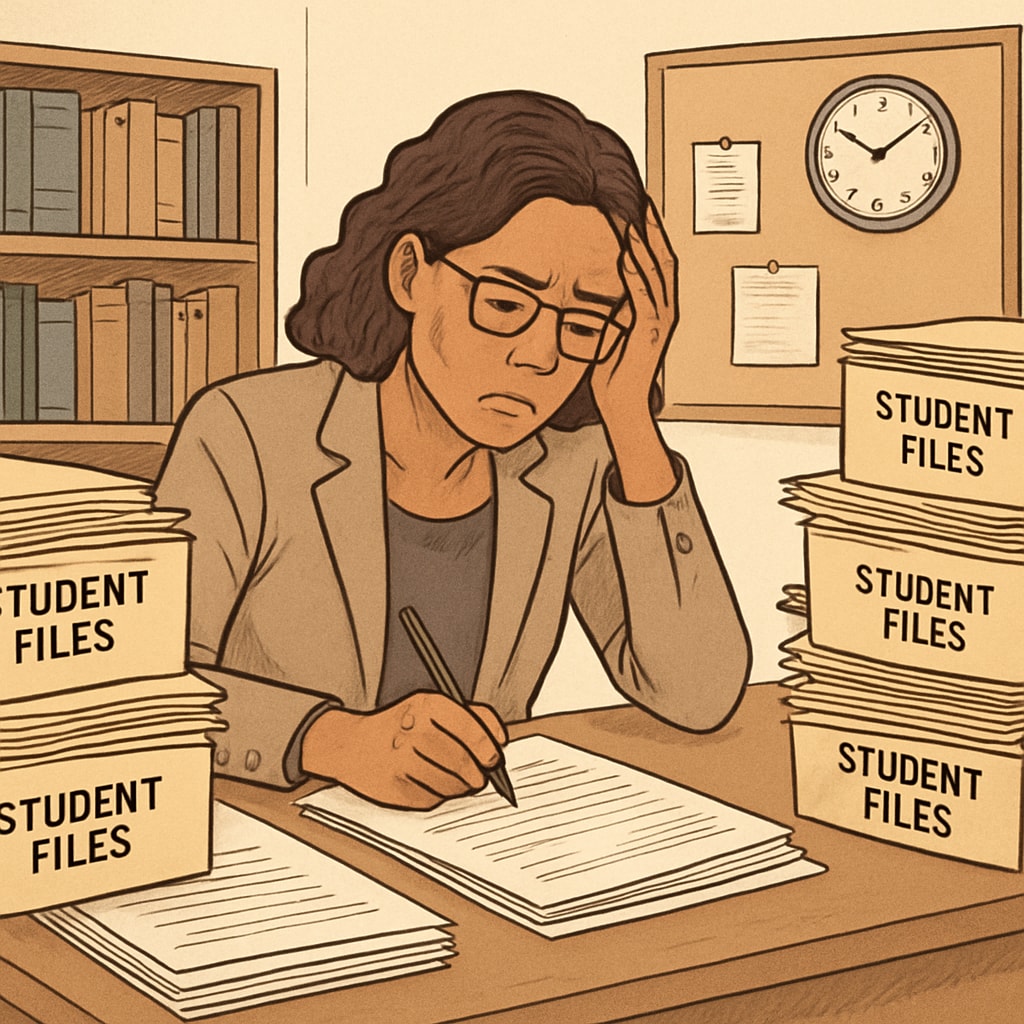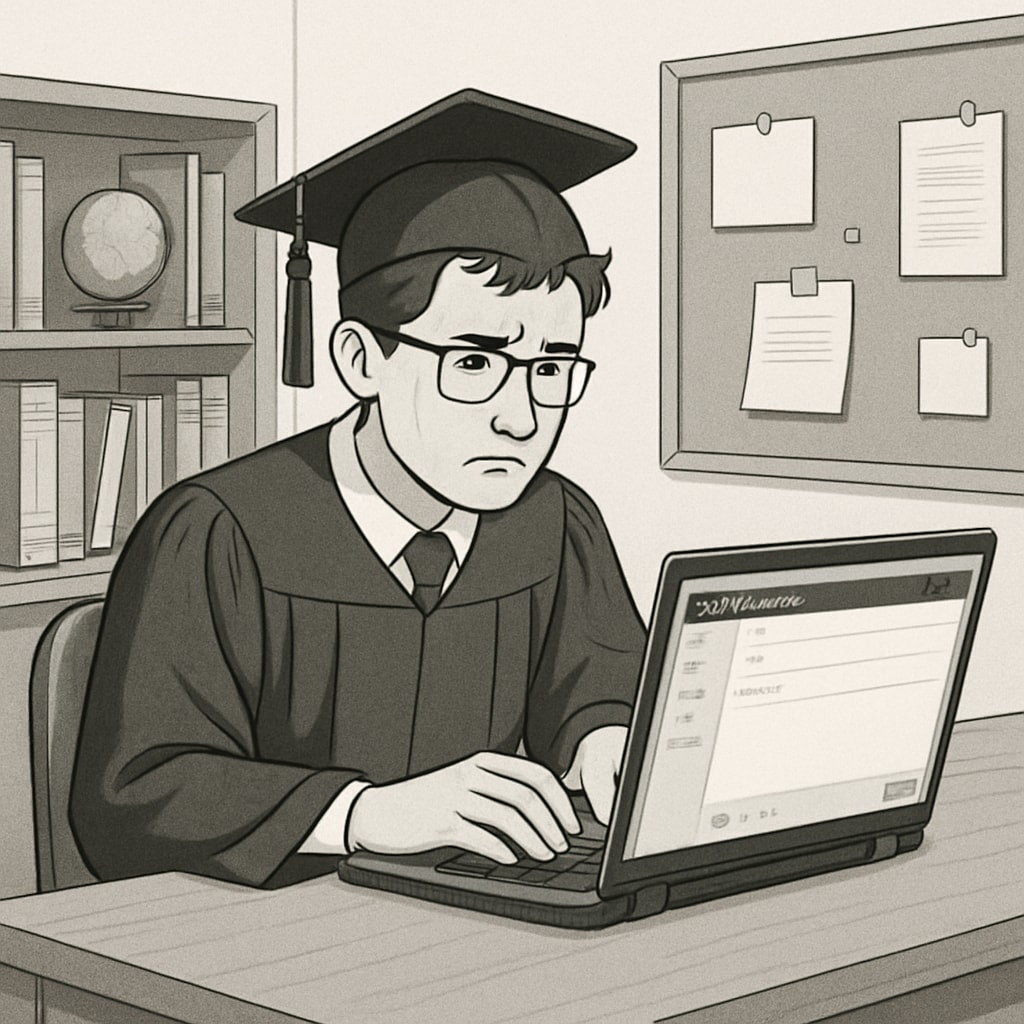Graduate students pursuing degrees in school counseling often encounter significant hurdles when trying to secure interviews with experienced school counselors for their research assignments. These challenges stem from the unique dynamics of the educational system, the workload of school counselors, and the disconnect between academic research and real-world educational practices. Without a clear strategy, bridging theory and practice can feel like an insurmountable task. In this article, we explore why finding school counselors for interviews is so difficult, analyze the systemic challenges involved, and provide actionable solutions for researchers.
Why Are School Counselors Hard to Reach?
School counselors play a critical role in educational institutions, providing mental health support, academic guidance, and career counseling to students. However, their professional responsibilities often leave little room for external engagements such as research interviews. This high workload is compounded by constraints on time, staffing shortages, and the need to prioritize student needs over external requests.
Moreover, many school counselors may feel apprehensive about participating in research due to concerns over confidentiality or the perceived lack of immediate benefits for their schools. As a result, graduate students face a multi-layered challenge when attempting to connect with these professionals.

Challenges in Bridging Academic Research with Real-World Practices
The gap between academia and practice is not unique to school counseling, but the field presents specific obstacles. Universities often design research projects with theoretical objectives, which can feel disconnected from the practical realities of a counselor’s role. For example:
- Limited awareness: School counselors may not fully understand the academic purpose or potential impact of participating in research, leading to reluctance.
- Time constraints: The demands of counseling, administrative tasks, and student support leave counselors with little bandwidth for interviews.
- Institutional barriers: Some schools require administrative approval for external interviews, adding layers of bureaucracy to the process.
In addition, graduate students may lack access to professional networks or resources that could help them connect with counselors effectively. This combination of factors creates a significant bottleneck in research efforts.

Practical Solutions for Graduate Students
Despite these challenges, there are strategies that graduate students can employ to improve their chances of finding school counselors willing to participate in interviews:
- Build professional relationships: Attend conferences, workshops, or networking events in the field of education and counseling to establish connections with potential interviewees.
- Leverage existing networks: Reach out to professors, alumni, or colleagues who may have connections with school counselors and can provide introductions.
- Be transparent and respectful: Clearly explain the purpose of your research, the time commitment involved, and how their participation could contribute to the field of counseling.
- Offer flexibility: Accommodate counselors’ schedules by proposing interview times outside of school hours or offering virtual meeting options.
- Secure institutional support: If possible, obtain endorsements from educational organizations or school administrators to lend credibility to your request.
Moving Forward: Bridging the Gap
Connecting academic research with real-world educational practices requires mutual understanding and collaboration. Universities could play a proactive role by fostering partnerships with schools and communities, creating platforms for dialogue between researchers and practitioners, and developing ethical guidelines that protect counselors’ time and confidentiality. By bridging the gap, both graduate students and school counselors can contribute to the advancement of the field in a meaningful way.
Ultimately, the process of finding interview subjects in school counseling is challenging but not impossible. With the right approach, researchers can overcome barriers and create impactful studies that benefit both academia and the educational community.
Readability guidance: This article uses concise paragraphs, bullet points, and clear transitions to enhance readability. Active voice is prioritized, with limited use of passive structures. Each section builds logically on the previous one, ensuring a cohesive flow of ideas.


